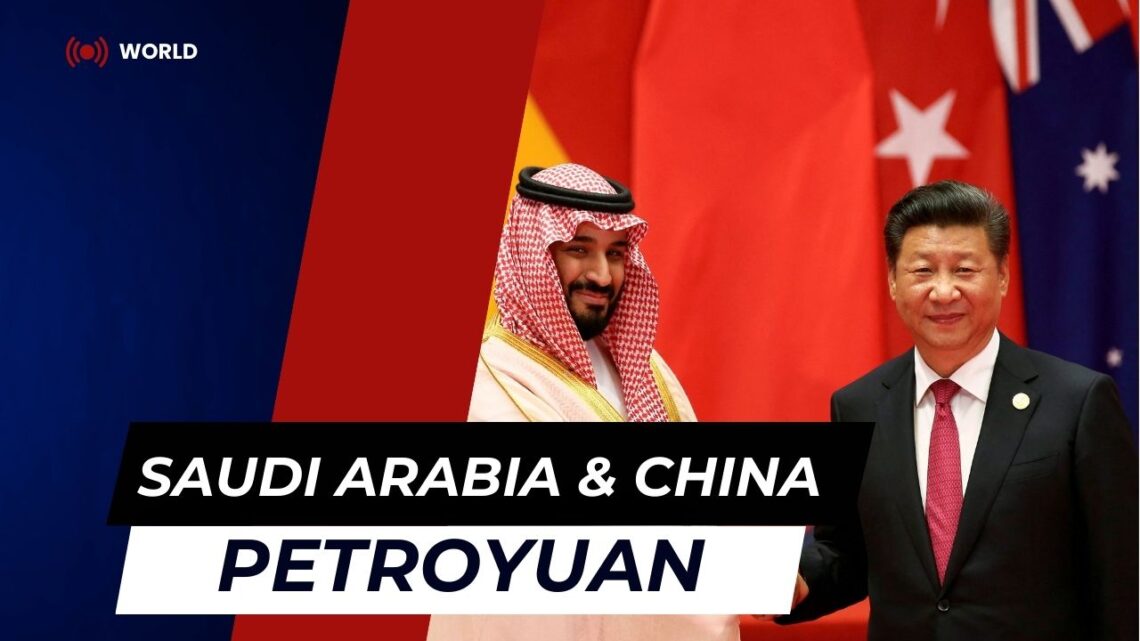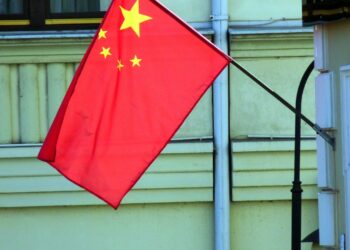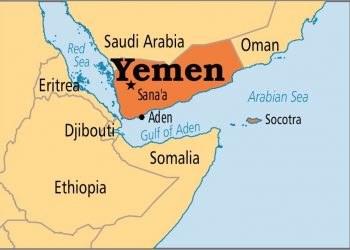A senior Saudi official Bandar Al-Khorayef has hinted at Saudi Arabia’s openness to adopting new ideas, including using China’s yuan for crude oil settlements, as part of the kingdom’s strategy to diversify its economy.
This move could further strengthen ties with China, according to a report by the South China Morning Post.
Al-Khorayef highlighted that Saudi Arabia’s primary focus will always be on its national interests, emphasizing that the kingdom aims to separate politics from commerce while exploring new economic opportunities.
The broader use of the “petroyuan” is seen as a bold step toward the internationalization of China’s currency, which could challenge the dominance of the US dollar in global commodity markets.
China has been actively promoting the yuan’s use in international trade, including establishing a currency swap deal with Saudi Arabia. Additionally, Beijing has been encouraging local currency settlements with trade partners, signaling a shift in global economic dynamics.
Currently, the US dollar remains the dominant currency for oil transactions, generating vast amounts of “petrodollars” and solidifying its status as the world’s reserve currency. However, Saudi Arabia’s closer ties with China in recent years suggest a potential shift in this longstanding financial structure.
Chinese telecommunications giant Huawei has already made significant strides in the Middle Eastern market by setting up a cloud data center in Saudi Arabia, along with offering its automation expertise. Furthermore, Saudi Arabia’s civil aviation authority has been exploring partnerships with various aerospace suppliers, including Chinese firms.
A recent agreement with a Chinese aircraft manufacturer is aimed at localizing the aviation industry and enhancing the local supply chain using innovative aluminum solutions.
This potential move towards a “petroyuan” could have far-reaching implications for the global oil market and the broader economic relationship between Saudi Arabia and China.

















